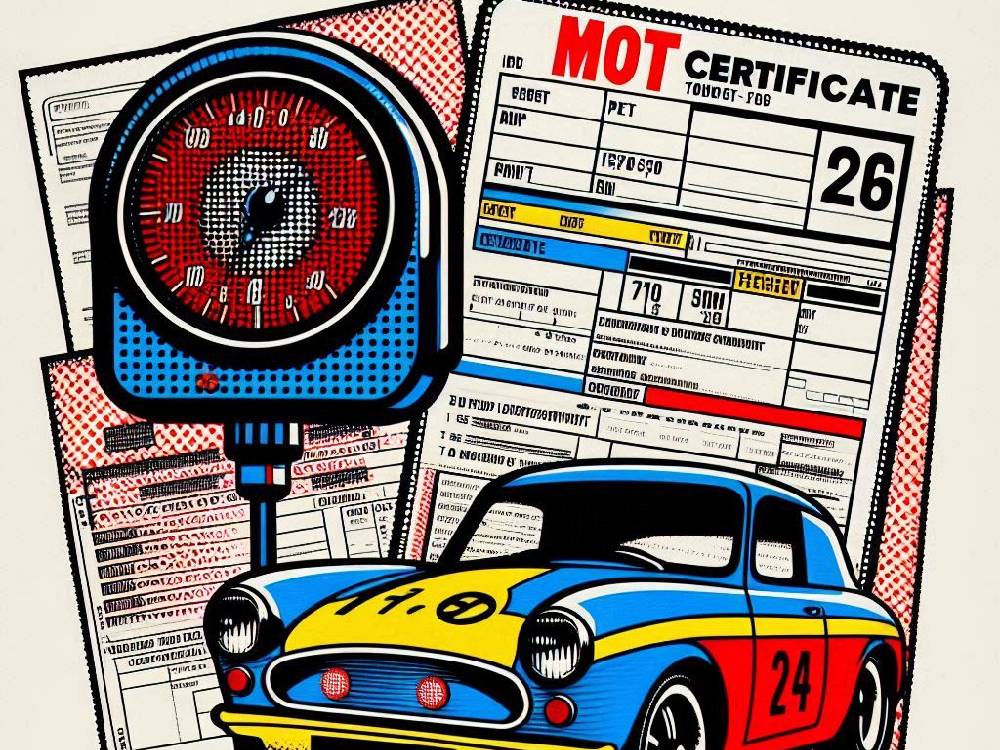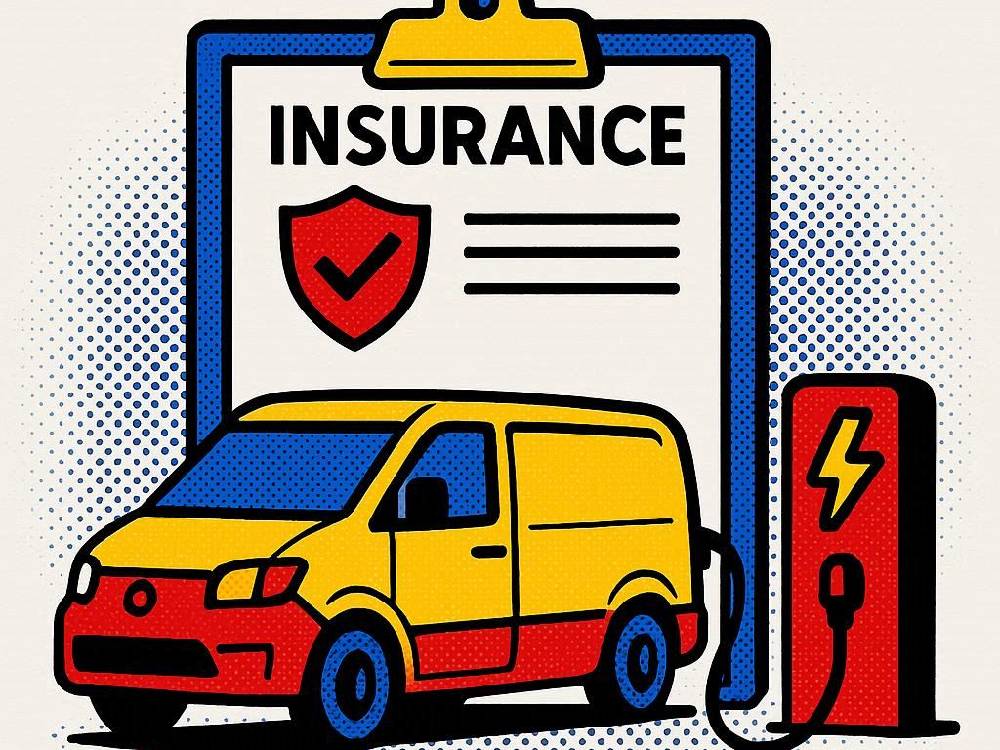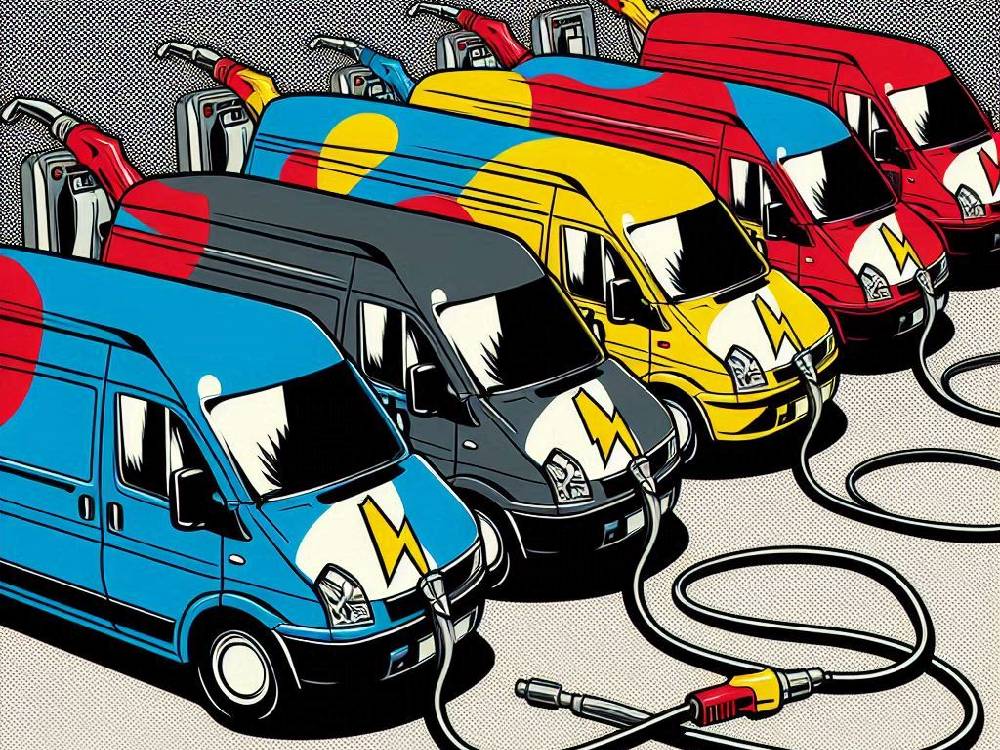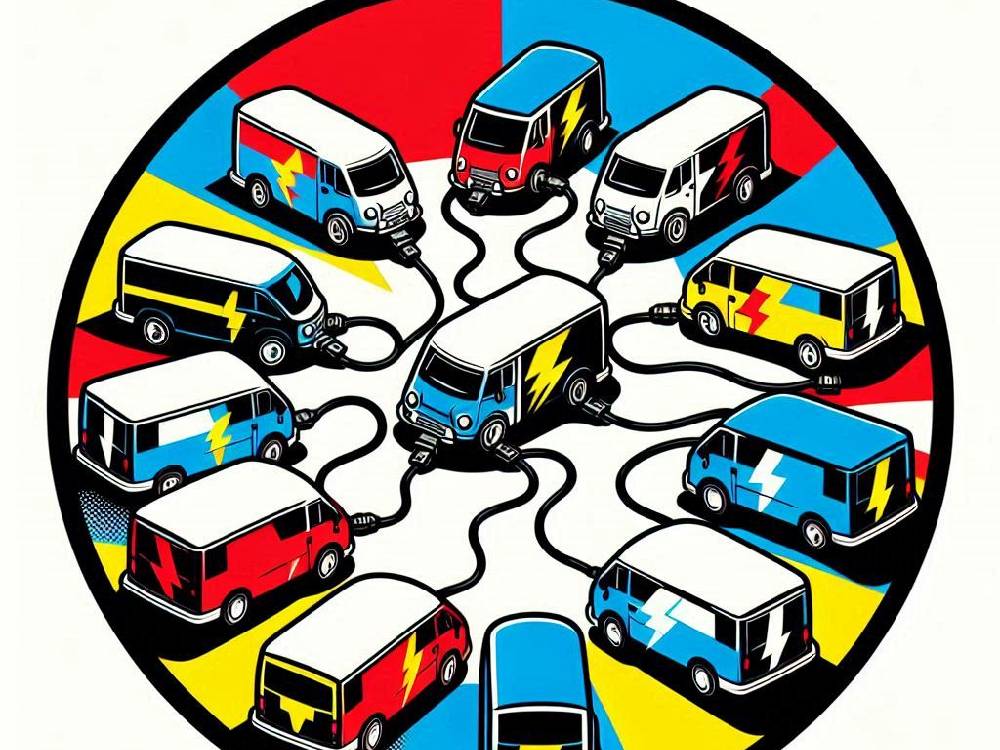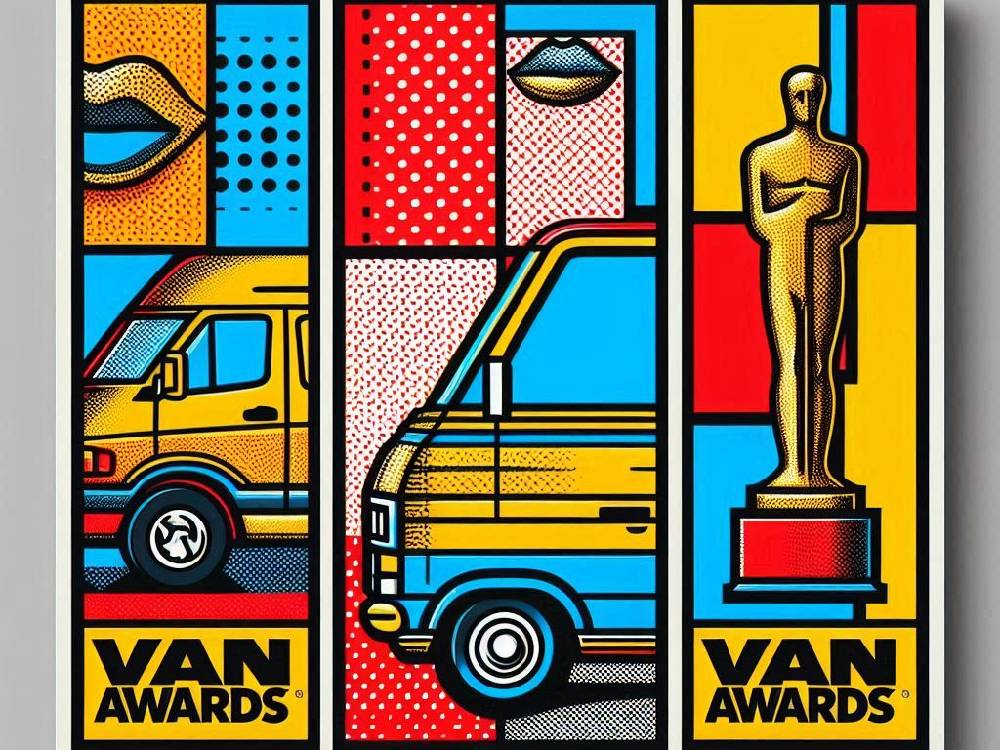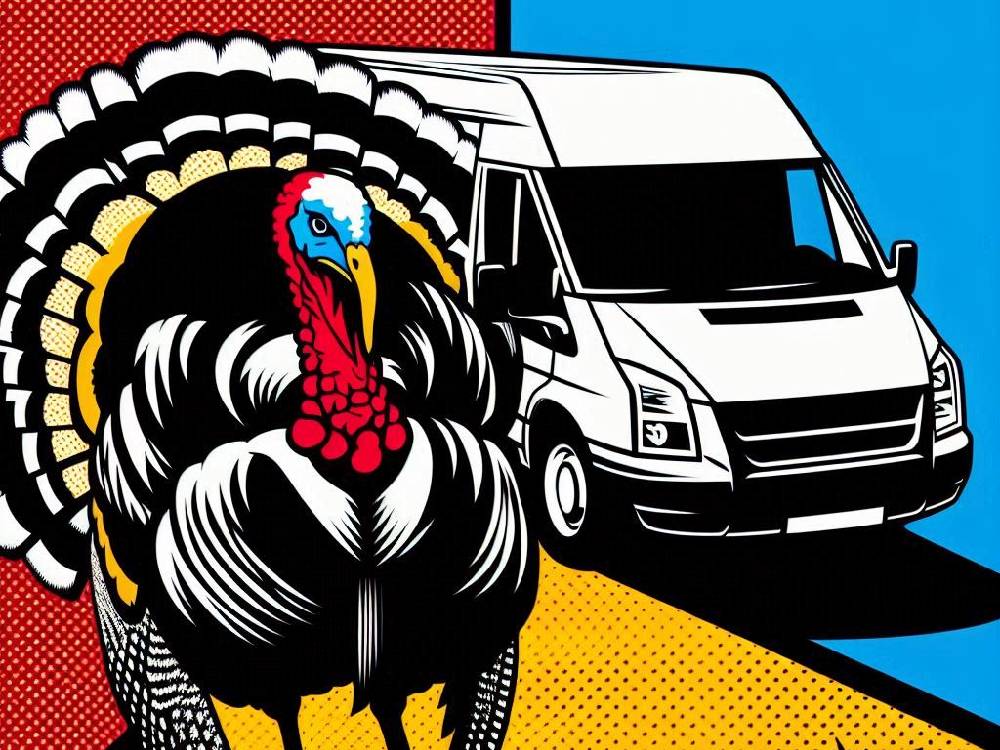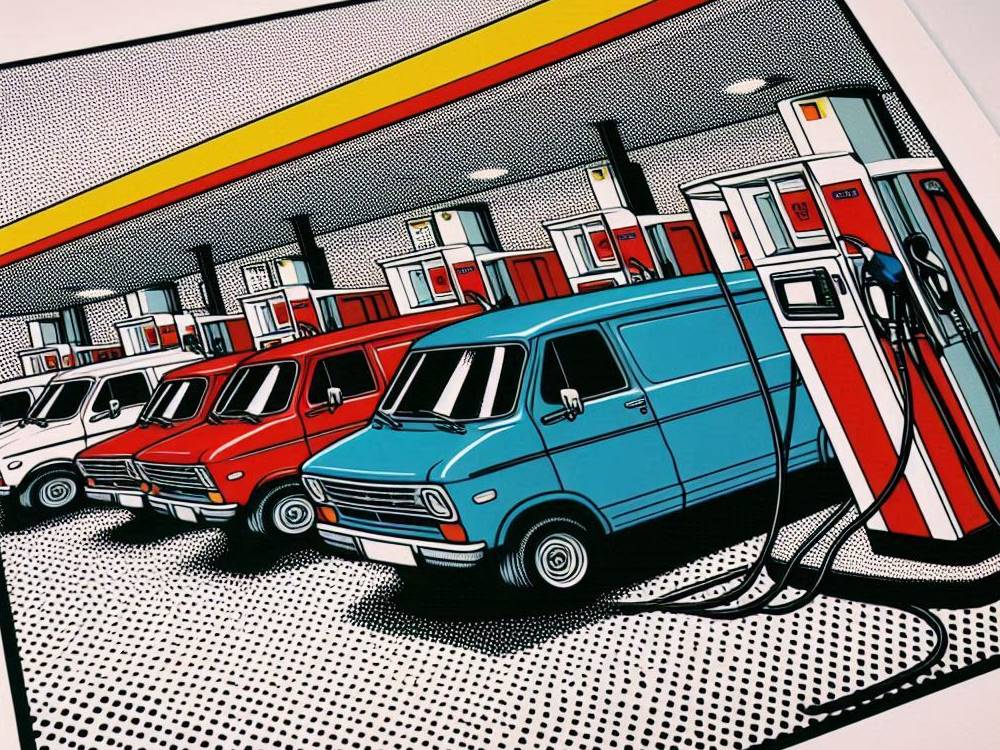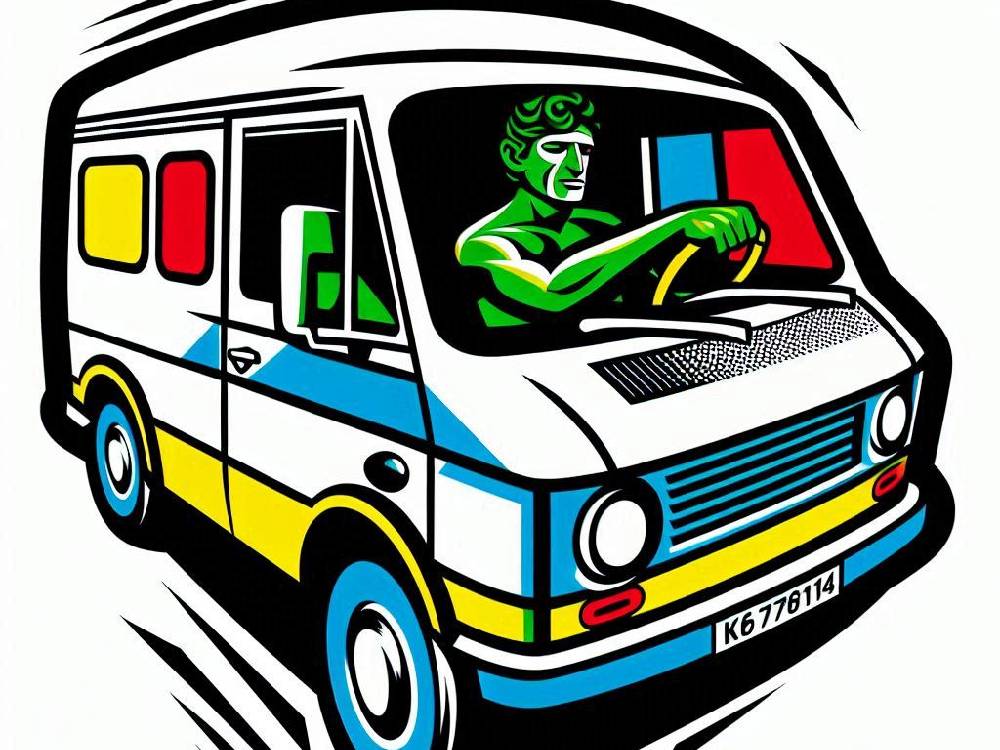Introduction
Van insurance: Electric van rules in the UK are shifting at speed.
New MOT, tachograph, and speed-limiter updates will transform safety and insurance duties.
Furthermore, these regulatory adjustments influence risk.
They influence operational choices.
They even influence how easily you secure Cheap Van Insurance UK in an increasingly competitive market.
Government Changes Announced For Electric Vans
The Government has now confirmed essential regulatory changes for zero-emission vans between 3.5 and 4.25 tonnes.
Consequently, these heavier electric vans will finally follow rules similar to their lighter diesel and petrol counterparts.
And here’s the twist.
For years, fleets argued that outdated testing frameworks slowed electric-van adoption and increased unnecessary administrative pressure.
Additionally, the consultation that began in December 2024 gathered widespread concerns about complexity, inconsistency, and operational cost.
The British Vehicle Rental and Leasing Association (BVRLA) strongly welcomed these reforms.
The BVRLA’s chief executive, praised the announcement as a breakthrough that the Zero Emission Van Plan had consistently pushed for.
So what does this mean for you?
You’re now moving into a regulatory environment designed to accelerate adoption, reduce friction, and simplify compliance.
If you’re unsure how regulatory changes influence premiums, this guide offers a strong foundation:
Are You Driving a Car or a Van? Check Your Insurance Policy
But for now…
Let’s explore why these changes directly affect your Van Insurance.
Why These Changes Matter For Van Insurance
Compliance consistently shapes insurer risk calculations.
Therefore, regulatory changes inevitably influence premiums.
Premium levels determine how close you eventually get to securing the cheapest van insurance possible.
And here’s the real insight.
Regulatory updates are never just policy shifts.
Instead, insurers treat them as signals about safety, predictability, and claim likelihood.
If a rule strengthens driver oversight, improves consistency, or reduces ambiguity, insurers may lower premiums accordingly.
However, the opposite remains equally possible.
More vehicle weight may create new risk patterns.
Electrical systems may introduce operational uncertainty.
More rule changes may create temporary confusion.
So, staying informed becomes essential.
It becomes the lever that lets you access Cheap Van Insurance before rising-risk drivers push premiums upward.
For a deeper look at how compliance improves safety and insurance outcomes, this resource is invaluable:
Why Proper Vehicle Compliance Is Crucial for Road Safety
MOT Changes Explained (Class 7 Reform)
Here’s where the landscape shifts significantly.
The DfT admitted the old testing system for 3.5–4.25-tonne electric vans was too demanding.
It placed unnecessary pressure on operators.
Consequently, that testing system slowed adoption.
It discouraged investment.
It increased operational downtime.
By shifting these vans into the Class 7 MOT system, the Government intends to streamline testing and reduce unnecessary friction.
But wait.
Many respondents supported the change.
However, some warned new MOT structures could create blind spots without updated testing protocols.
Still, the central benefit remains compelling.
Easier testing means simpler compliance.
Simpler compliance often leads to fewer administrative bottlenecks.
And fewer bottlenecks can strengthen your ability to secure very cheap van insurance, especially when insurers reward consistency.
To see how compliance intersects with cost-saving technology, this guide is essential reading:
How Telematics Devices Can Save You Money on Van Insurance
Tachograph Rules For 4.25-Tonne Electric Vans
Tachographs monitor driving hours.
Monitoring driving hours shapes behavioural patterns.
And behavioural patterns directly influence risk.
That’s why tachograph rules matter so much.
Under the new proposals, heavier electric vans must meet monitoring expectations that mirror those applied to diesel vehicles.
As a result, fleets will follow clearer, more consistent operational guidelines.
Insurers analyse tachograph data because fatigue, excessive speed, and erratic patterns strongly correlate with claim frequency.
Therefore, any update to tachograph rules inevitably shifts how insurers evaluate risk.
And here’s the important question.
Are you prepared to meet these new monitoring expectations before insurers reshape their pricing models?
If not, your premiums could rise steadily without you noticing.
To understand how insurers respond to technological oversight, this resource provides useful context:
Top Van Insurance Savings Every UK Driver Must Learn
But here’s the bigger issue…
These changes could either reduce your risk profile — or increase it, depending on how quickly you adapt.
Speed Limiter Rules Under Review: Van Insurance Cost
Speed limiters control risk in large electric vans.
Because of this, the Government reviewed how these devices should operate.
Some fleets welcomed stricter limiter rules.
However, others feared reduced flexibility on long or varied routes.
So the debate continues as data develops.
And here’s the key point.
Speed consistency influences accident rates.
Consequently, insurers monitor limiter settings closely.
If your van maintains predictable speeds, you often appear lower risk.
Therefore, these limiter updates may influence the cost of Van Insurance for years.
What Drivers And Fleets Should Do Next
Although these rule changes seem technical, they influence everyday operations.
Therefore, drivers must prepare early.
Review your MOT schedule now.
Check whether your van falls within the 3.5–4.25-tonne category.
Update tachograph devices and settings.
Verify speed-limiter configurations before enforcement tightens.
And here’s the real advantage.
If you comply early, insurers may assess your risk more favourably.
Consequently, you strengthen your ability to secure Cheap Van Insurance UK long before premiums shift.
For practical steps that reduce long-term costs, this guide is useful:
Why Public Charging Challenges Are Costing Van Owners in the UK
The Bigger Picture For Electric Van Insurance
Electric vans are central to the UK’s long-term transport goals.
Therefore, regulations will keep evolving.
Some rules will simplify operations.
Others will introduce new responsibilities.
Insurers will adapt as data grows.
Premiums will fluctuate as behaviours shift.
Because of this, drivers who stay informed gain a real advantage.
They spot risk trends early.
They adjust before premiums rise.
And they often secure the cheapest van insurance because they remain aligned with safety expectations.
If you want insight into how sudden changes disrupt real drivers, this article is revealing:
Van Insurance: The MOT Warning Every Driver Should Know
Conclusion
These new MOT, tachograph, and speed-limiter rules mark a major shift for UK electric van operators.
Because of these changes, risk assessments will evolve.
Premiums may rise or fall depending on compliance patterns.
And the gap between high-risk and low-risk drivers will widen sharply.
Therefore, if you want Cheap Van Insurance in a fast-changing market, early preparation is essential.
For more insights that help protect your premiums, explore these related guides:
Van Insurance Safety Rules Every Driver Must Learn
Can I Drive a Van on My Car Licence? What You Need to Know First
Electric Van Insurance Upgrades Every Driver Should Know

